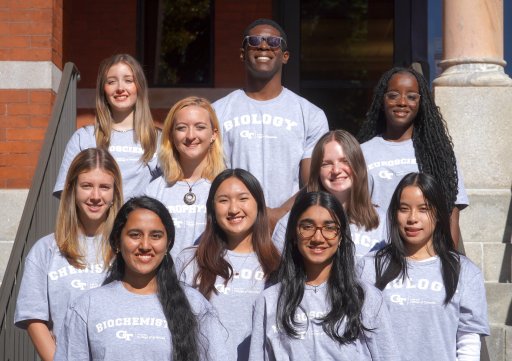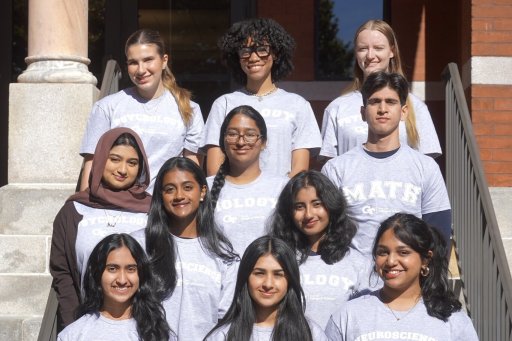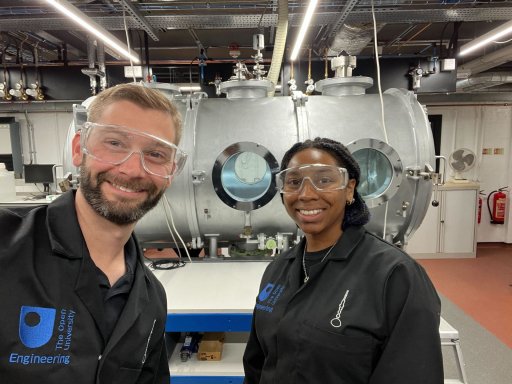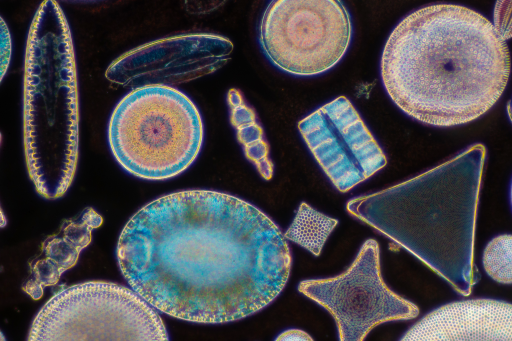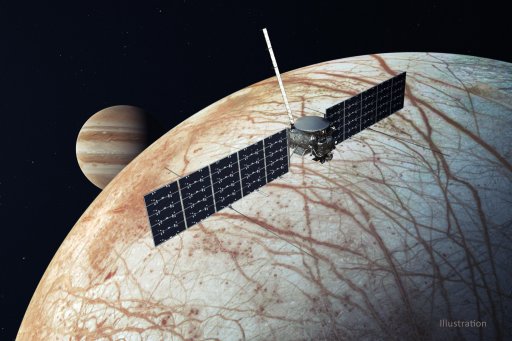Georgia Tech has appointed Yuanzhi Tang as executive director of the Strategic Energy Institute (SEI), effective Feb. 1.
Karl Lang will investigate why some minerals survive radiation damage — a discovery that could transform how we recycle and sustain the critical resources powering modern technology.
Congratulations to the inaugural class of College of Sciences undergraduate student ambassadors!
Congratulations to the inaugural class of College of Sciences undergraduate student ambassadors!
New research is showing that atmospheric pressure shifts dramatically altered how mud and water flowed on Mars — sometimes boiling, sometimes freezing — offering fresh clues to reconstruct the planet's ancient climate and habitability.
These tiny seafloor transformations are reshaping our understanding of how ocean sediments regulate carbon and climate.
These tiny seafloor transformations are reshaping our understanding of how ocean sediments regulate carbon and climate.
Ali Sarhadi and his research team at GT's Climate Risk and Extreme Dynamics Lab are focused on a phenomenon called hurricane-induced compound flooding — hurricanes fueled by a warming climate.
Professor Sven Simon is working to uncover critical information to support the rapid analysis of measurements from NASA's Europa Clipper mission.
Professor Sven Simon is working to uncover critical information to support the rapid analysis of measurements from NASA's Europa Clipper mission.
Pagination
- 1 Page 1
- Next page

